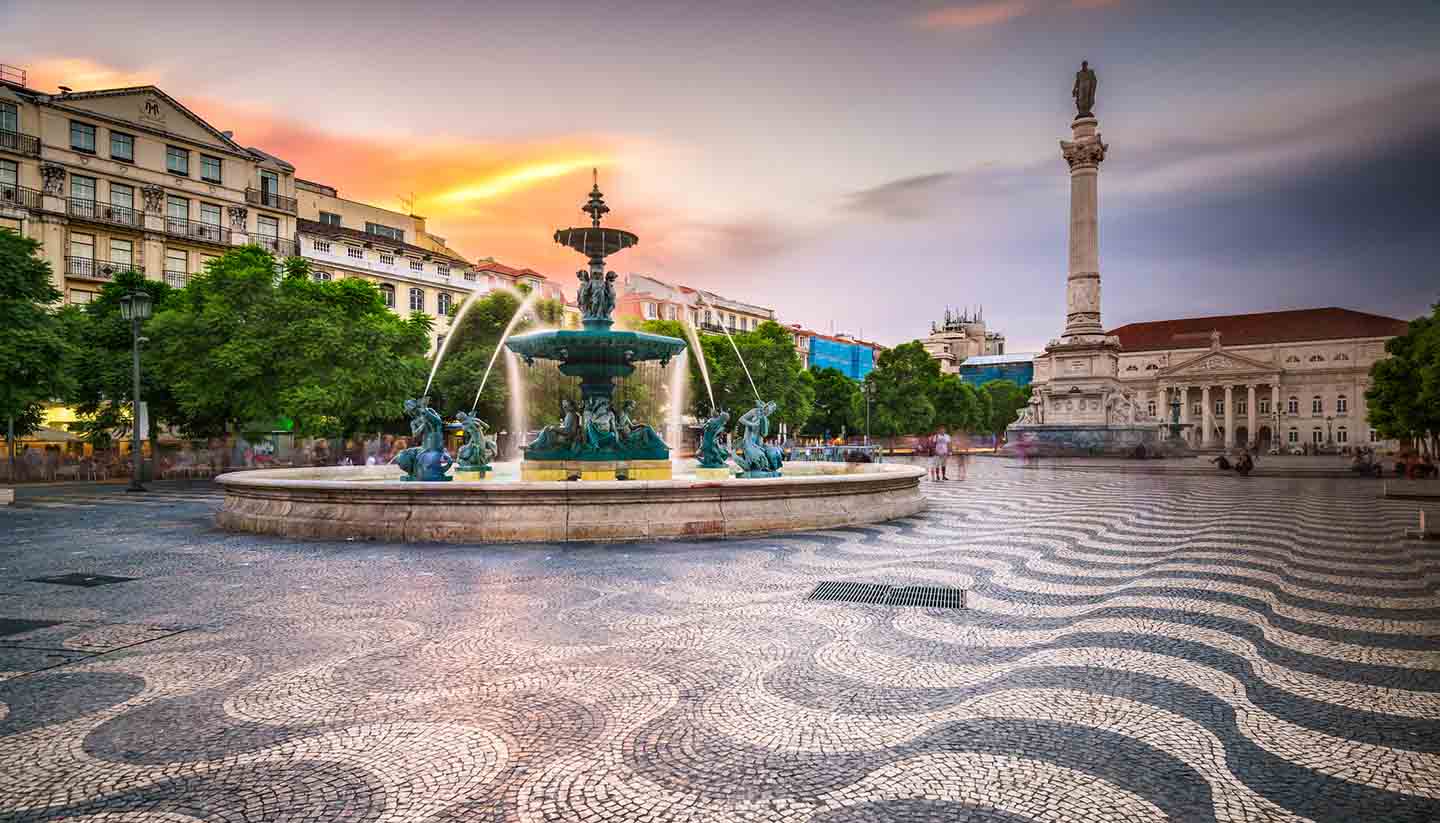Getting around Lisbon
Public transport
Transportes de Lisboa (tel: +351 21 350 0115; www.carris.pt) manages the city's public transport.
Lisbon's metro system, the Metropolitano de Lisboa (www.metrolisboa.pt), is an efficient way to get around the city. There are four lines (A-D or Blue, Yellow, Green and Red) and trains run every three to 10 minutes daily.
Complementing Lisbon's metro is the city's network of buses, trams and elevators (funiculars/street lifts). Most bus and tram services operate daily. There are also several night bus routes, which converge at the Cais do Sodré.
Single tickets, carnets, daily passes and reloadable Zapping smartcards are available from metro station ticket offices, self-service machines and customer care shops. Bus tickets are also sold on board.
The Lisboa Card tourist pass is valid for 24, 48 or 72 hours and offers unlimited travel on public transport as well as free entry to top museums and attractions.
If you want to take the ferry to Lisbon, most cross-Tagus ferries are also operated by Transportes de Lisboa and arrive at Belém, Cais do Sodré and Terreiro do Paço. CP (Portuguese Railways, www.cp.pt) runs the ferry link from Barreiro (where the CP trains terminate) to Praça do Comércio - the fare is included in the ticket price for rail travellers. You can buy tickets at the ferry pier.
Taxis
Taxis can easily be hailed on the street, at ranks or by telephone from Rádio Táxis (tel: +351 21 811 9000) and Teletáxis (tel: +351 21 811 1111). Watch out for overcharging. Taxis are metered. A supplement is payable for luggage carried in the boot or on the roof. A tip of 10% is expected and appreciated.
Driving
You should avoid driving in Lisbon unless absolutely necessary. Not only do you have reckless motorists to contend with, but also inadequate road signs. The A9 outer ring road, known as the CREL (Cintura Regional Exterior de Lisboa), and the inner ring road, CRIL (Cintura Regional Interior de Lisboa), move traffic efficiently around the city, except during rush hour weekdays from 1700-1900.
Despite the arrival of the Vasco Da Gama bridge across the River Tagus, the Ponte 25 de Abril can still take an hour to cross during rush hour and summer weekends. Over the last few years, increasing pedestrianisation and traffic calming measures in the city centre have added to the trauma of driving in Lisbon.
Pay-and-display parking is in effect Monday to Friday 0800-2000 in many areas of central Lisbon with a four-hour maximum stay. Parking is also available at the larger shopping centres. Underground car parks are indicated by large blue 'P' signs and are far more expensive than metered street parking, although convenient, seeing as all-day and 24-hour parking is available.
Car hire
Drivers must be at least 21 years old to hire a car and hold a valid national driving licence. Insurance is mandatory. Third-party liability is always included in the hire price with reputable operators, although you should always check. Comprehensive insurance is essential.
Car hire companies include Avis (tel: +351 800 201 002; www.avis.com) and Europcar (tel: +351 289 818 726; www.europcar.com). Both have branches at the airport and in the city centre.
Bicycle hire
Bicycles are available for hire at Bike Iberia, Corpo Santo 5 (tel: +351 21 347 0347; www.bikeiberia.com). Lisbon is not an especially cycle-friendly city, but Bike Iberia leads guided tours around picturesque, safe locations.



